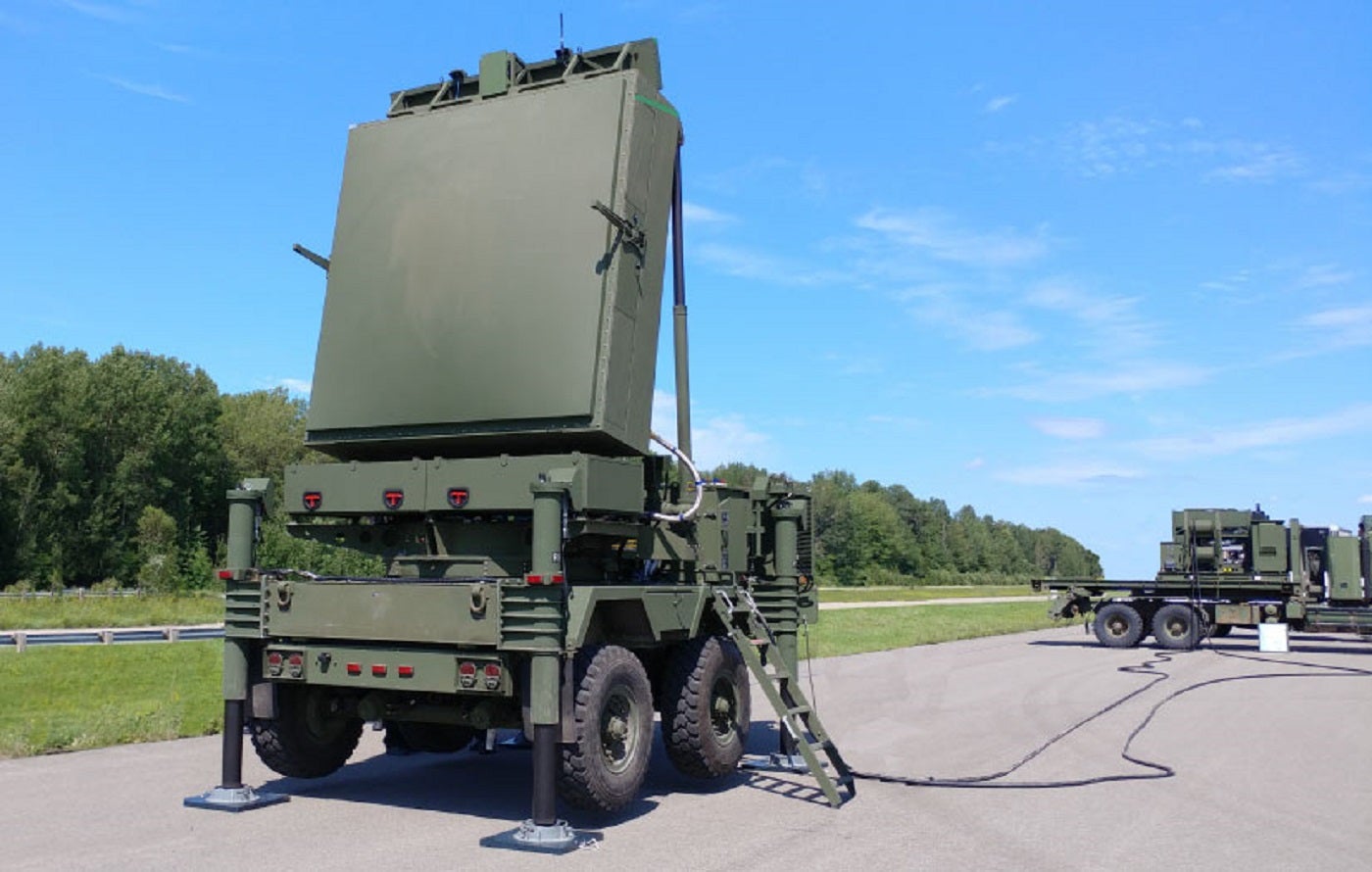
Israel Aerospace Industries (IAI), in collaboration with Czech companies RETIA and VTU, has achieved a breakthrough as the MMR radars completed rigorous military tests conducted by the Czech Army.
These radars, known for their air surveillance and air-defence capabilities, are poised to provide the Czech Republic with defence against airborne threats. The collaboration between IAI and local Czech companies has not only resulted in the transfer of technology but also opened doors to close industrial cooperation, paving the way for local production and lifetime maintenance of these radar systems.
The MMR radars have delivered aerial situational awareness to various defence forces worldwide with a global deployment of 200 systems, including integration into air-defence systems like Barak and Iron Dome.
Finland ordered ELM-2311 Compact Multi-Mission Radars (C-MMRs) from Israel Aerospace Industries’ Elta Systems division in 2019, and the following year Hungary bought Israeli Elta ELM-2084 MMR radars. Whilst Israel Aerospace Industries recently received approval from Germany for $4.3bn purchase of IAI’s Arrow-3 missile defence systems.
According to IAI vice president and Elta CEO Yoav Tourgeman, the MMR radars have been extensively used within Israel’s defensive systems: “IAI’s MMR radars can be found in all of Israel’s defensive systems and have proven their operational effectiveness providing Air Situational Picture for many years and assisting air and missile defence.”
The Israel-Czech Republic collaboration grows
One of the key aspects of the collaboration between IAI and the Czech Defense Ministry is the transfer of technology to local Czech industries. Under the agreement, Czech companies RETIA and VTU have received the capability to produce radar antenna modules incorporating gallium nitride technology.
Previously, the Czech army selected the Israeli-made Spyder as their air defence missile system in 2020. However, this was a collaboration of suppliers, as Israel’s Aerospace Industries compatriots and competitors Rafael also worked on the Spyder surface-to-air missile system.
Establishing an assembly line at RETIA signifies the commitment to local production and self-reliant maintenance and support for the MMR radars throughout their operational lifetime.
Furthermore, integrating Israeli radars into the Czech Republic’s defence system aligns with NATO’s systems, providing compatibility and enhanced capabilities. By replacing the outdated Russian-origin radar technology, the MMR radars will contribute to modernising the Czech Army’s defence infrastructure.
The integration of the MMR radar into NATO C2 echelons through the Czech C2 further attests to the breakthrough nature of this partnership. These advanced radars will empower the Czech Republic to simultaneously identify and classify many targets, including drones, missile barrages, rockets, and emerging threats.







